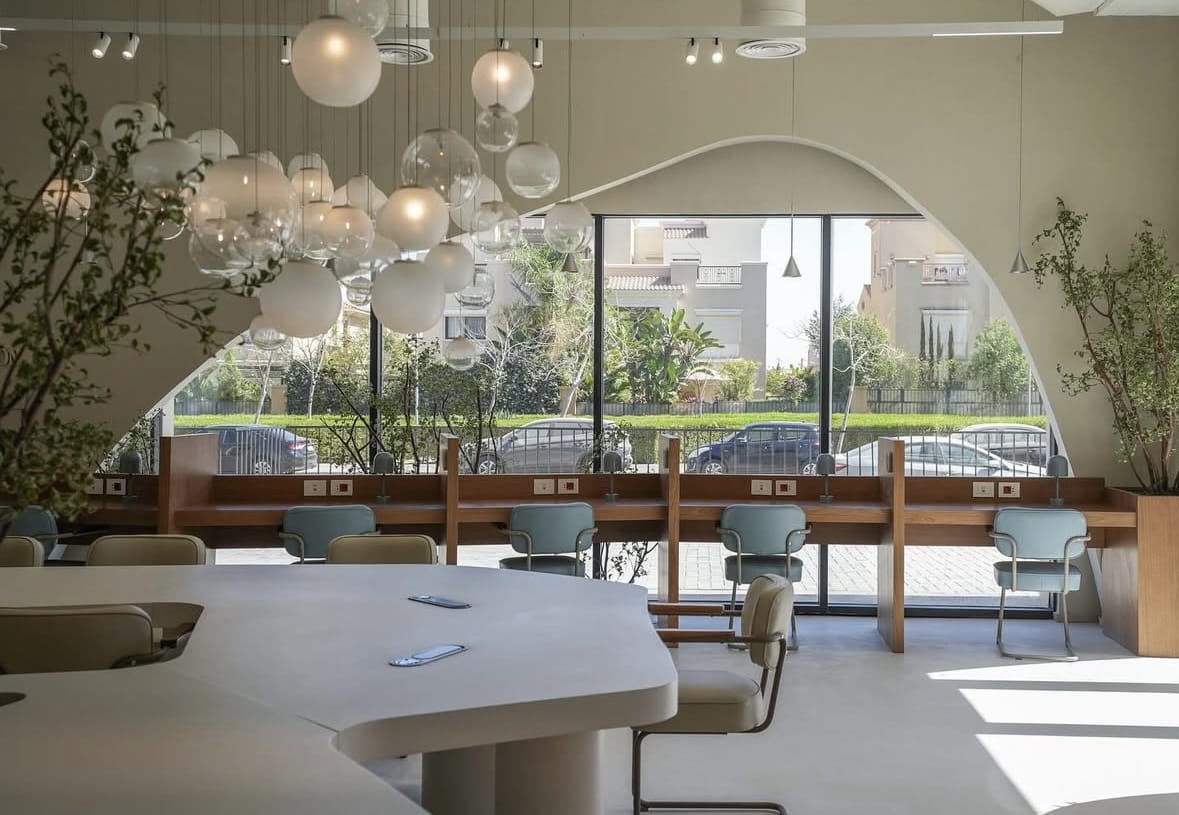
The initiative, spearheaded from Dubai, integrates new venues such as MQR, Founders Spaces, Soil Spaces and Kapitalize in Egypt, while in Lebanon it includes partnerships like The Olive Grove. With this expansion, Letswork expands its reach into two key markets known for innovation and entrepreneurial activity. Bold Your Work: Letswork Launches 25 Venues in Egypt & Lebanon underscores the company's ambition to unify work environments across the region.
This expansion aligns with broader market dynamics. The Middle East co-working space sector, valued at approximately USD 274.6 million in 2023, is anticipated to exceed USD 1 billion by 2030, driven by a compound annual growth rate of roughly 21 per cent—reflecting strong demand for flexible, scalable workspace solutions. Korn Ferry’s workforce report confirms the trend: about 60 per cent of employees in the region favour hybrid work arrangements, combining remote and office-based options.
Letswork’s model addresses these shifting preferences by offering transparent pricing, instant visibility into availability, and a variety of benefits such as access to hot desks, private rooms, meeting spaces, complimentary refreshments and member-only discounts. The platform’s approach utilises under-used spaces in cafés, hotels and coworking hubs, creating a cost-efficient, dynamic network for freelancers, startups and multinational teams alike.
In Egypt, the new venues span major cities—Cairo and Alexandria—as well as emerging hubs such as the New Administrative Capital, suggesting Letswork is positioning itself for both established clusters and growth corridors. In Lebanon, the focus on venues like The Olive Grove reflects a similar intent to weave into the local entrepreneurial ecosystem and cultivate community among users.
Analysts note that the hybrid-workspace model is becoming essential for business competitiveness across the region. NearU reports that Middle Eastern businesses are adopting flexible workspace strategies to reduce overheads, attract talent, and maintain resilience amid rapid economic and technological shifts. As hybrid and AI-driven scheduling tools become more widespread, platforms like Letswork are well placed to capitalise on demand for smart, on-demand work environments.
Despite positive momentum, the growth trajectory is not without its challenges. The industry must contend with cybersecurity risks, particularly for clients handling sensitive information. Sustaining quality across an expanding network also requires robust partner vetting, consistent service, and upkeep of community standards to ensure reliability for users.
Nevertheless, Letswork’s enlargement into Egypt and Lebanon marks a strategic milestone. The company reinforces its commitment to building a pan-regional network and advancing the hybrid-work movement. As the Middle East’s flexible-workspace market continues to surge, Letswork is positioning itself at the forefront—bridging diverse geographies under one adaptable, accessible offering.
--
Topics
Live News
